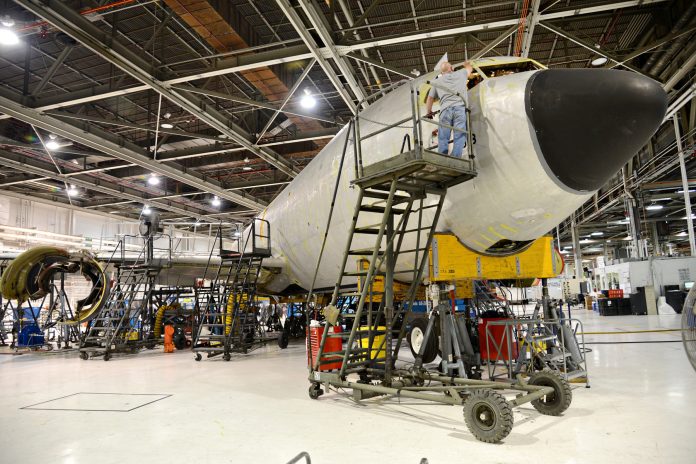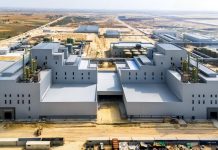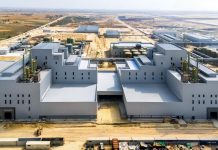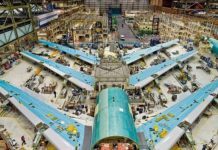Morocco’s aerospace sector, a driver of technological and economic development, relies on specialized training and the creation of highly skilled jobs to enhance its dynamism. The Moroccan Aerospace Institute (IMA) plays a central role by training technicians and engineers aligned with market needs. With tailored training programs and collaborations between universities and companies, Morocco positions itself as a competitive hub. Beyond direct employment, the aerospace sector fosters a socioeconomic ecosystem that generates indirect opportunities, contributing to youth employability and the growth of local SMEs.
Although the sector is not a mass employer, it plays a decisive role in developing highly skilled human capital and improving youth employability. Its dynamism is built on targeted training and strategic collaborations among companies, institutions, and universities. In addition to direct benefits, the sector drives the growth of a socioeconomic environment that creates indirect jobs and inspires local vocations.
The Central Role of Specialized Institutes
At the heart of Morocco’s aerospace training strategy is the Moroccan Aerospace Institute (IMA), located in Casablanca. Established in 2011 through a public-private partnership, IMA has emerged as a center of excellence for training in aerospace professions. The institute offers technical training tailored to companies’ needs, covering areas such as aircraft assembly, maintenance, and composite material manufacturing.
Using a work-study model, IMA prepares young Moroccans for market demands by equipping them with advanced technical skills and providing industry immersion. International companies such as Boeing, Safran, and Airbus regularly collaborate with the institute to adapt training programs to technological advancements and sector-specific needs.
Training Programs to Meet Growing Demand
With the expansion of aerospace clusters in Casablanca, Tangier, and Kenitra, the demand for qualified professionals continues to grow. To address this, specialized training programs have been established in consultation with industry players. These programs aim to train not only technicians but also engineers specializing in advanced fields such as aerodynamics, composite materials, and embedded electronic systems.
Moroccan universities also play a key role by offering aerospace engineering curricula and collaborating with industrial partners to strengthen the link between academic research and industrial applications. For example, partnerships between Hassan II University in Casablanca and aerospace companies facilitate the development of applied research projects while training experts capable of innovating in the sector.
Improving Youth Employability
The aerospace sector, while capital- and technology-intensive, generates skilled jobs that align with targeted university offerings. These roles include specialized technicians, engineers, and production managers whose training is tailored to industry needs. By integrating into global value chains, Morocco also promotes the emergence of new local skills, enhancing the competitiveness of its human capital.
Additionally, the aerospace industry creates an economic ecosystem that boosts indirect employment in related sectors such as logistics, maintenance, and technical services. Local SMEs benefit from this dynamic by positioning themselves as subcontractors, thus generating additional employment opportunities.
For young Moroccans, these opportunities serve as a gateway to high-value-added professions, enabling them to enter a demanding yet promising job market. Internships and work-study programs offered by entities like IMA strengthen their employability by exposing them to international standards.
Challenges and Perspectives
The development of Morocco’s aerospace sector relies on a strategic vision that places human capital at its core. Investments in specialized training and collaborations between companies and academic institutions demonstrate a commitment to preparing the Moroccan workforce for future challenges. However, to sustain this momentum, continued investment in research and innovation is essential, along with enhancing the capacity of training institutes to anticipate technological advancements in the sector.
Morocco’s aerospace sector represents a successful convergence of industrial innovation and human capital development. By offering qualified employment opportunities and supporting the emergence of local talent, it actively contributes to the country’s socioeconomic development. Morocco’s experience in this field could serve as a model for other industries seeking sustainable and inclusive growth. Initiatives such as IMA and tailored training programs position Morocco as an indispensable platform for aerospace skills and expertise.


































